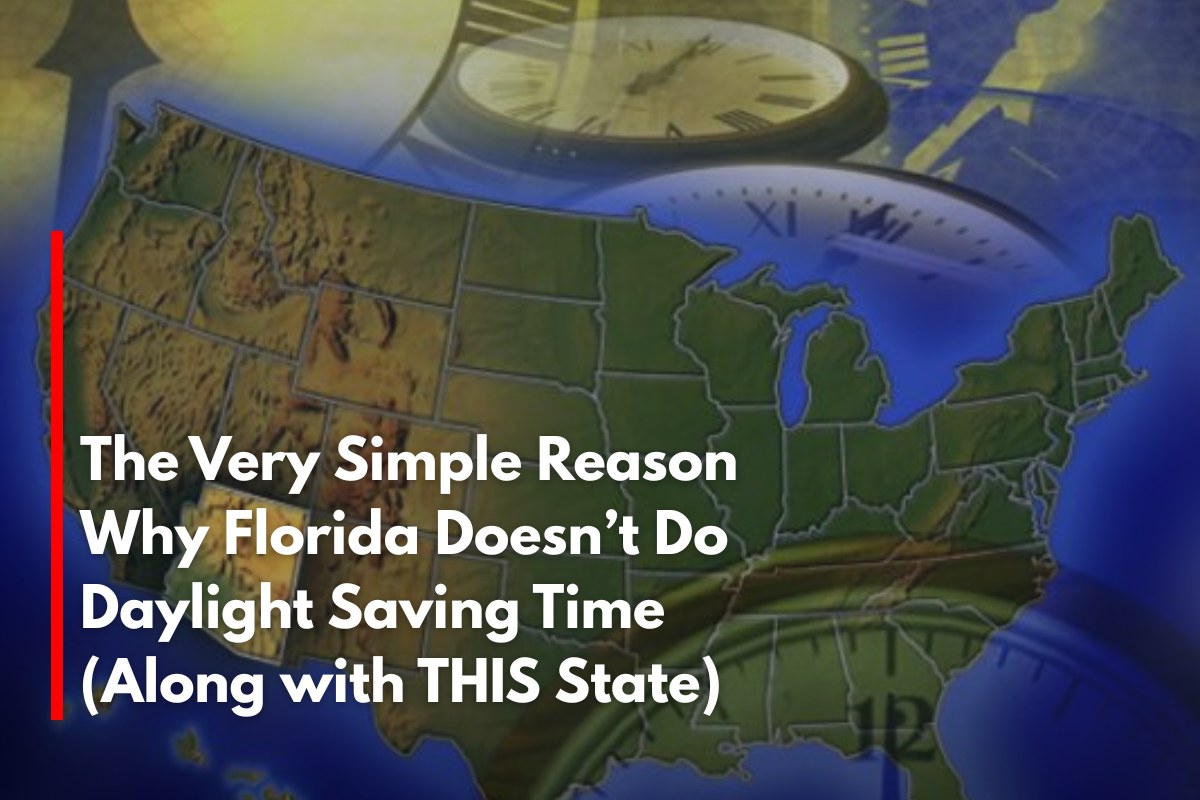Daylight Saving Time (DST) is a twice-yearly ritual for most Americans: clocks “spring forward” in March and “fall back” in November. But there’s a persistent myth that Florida doesn’t participate in this clock-changing custom. The reality is a bit more nuanced, and the reasons behind which states opt out of DST are surprisingly straightforward.
Who Doesn’t Do Daylight Saving Time?
In the United States, only two states do not observe Daylight Saving Time at all: Arizona and Hawaii. Florida, despite frequent headlines and legislative attempts, still follows DST along with the majority of the country.
Quick Comparison Table
| State | Observes DST? | Why/Why Not? |
|---|---|---|
| Florida | Yes | Wants permanent DST, but federal law blocks it |
| Arizona | No | Hot climate; avoids longer hot evenings |
| Hawaii | No | Near equator; little daylight variation |
Why Doesn’t Arizona Do Daylight Saving Time?
Arizona opts out of DST for a very practical reason: heat. Extending daylight into the evening would mean longer, hotter days when residents are most active, increasing energy use for air conditioning and making outdoor life less bearable. By staying on standard time, Arizona keeps its evenings cooler and more comfortable.
Why Doesn’t Hawaii Do Daylight Saving Time?
Hawaii’s location near the equator means its daylight hours barely change throughout the year. There’s little benefit to shifting the clock, so Hawaii simply sticks to standard time year-round.
What About Florida?
Florida’s relationship with Daylight Saving Time is unique. In 2018, the state legislature passed the “Sunshine Protection Act,” aiming to keep Florida on DST year-round. The motivation: more daylight in the evening would benefit tourism, outdoor activities, and even public safety.
However, federal law requires Congressional approval for any state to adopt permanent DST. Despite repeated efforts and broad support, Congress has not granted this permission, so Florida continues to change its clocks twice a year like most other states.
Why Does Florida Want Permanent DST?
Tourism: Longer daylight hours in the evening are good for business and recreation.
Public Safety: Some studies suggest fewer car accidents and crimes with more evening light.
Health: Advocates argue that eliminating the biannual clock change could improve sleep and well-being.
Why Hasn’t It Happened?
Federal Law: The Uniform Time Act allows states to opt out of DST (like Arizona and Hawaii), but not to adopt DST year-round without Congressional approval.
Concerns: Critics worry about dark winter mornings, especially for schoolchildren and commuters.
The very simple reason why Florida doesn’t do permanent Daylight Saving Time is that federal law won’t allow it. Only Arizona and Hawaii have opted out of DST entirely, each for clear, climate-based reasons. Until Congress acts, Florida—and the rest of the U.S.—will keep springing forward and falling back, twice a year.
Sources
[1] https://www.rd.com/article/states-dont-observe-daylight-saving-time/
[2] https://www.cbsnews.com/news/states-without-daylight-saving-time/
[3] https://www.kagstv.com/article/news/nation-world/daylight-saving-time-permanent-where-all-50-states-stand/507-37e5ad3e-b967-4885-a55b-413ca79b034a
[4] https://thehill.com/homenews/nexstar_media_wire/5184764-two-states-didnt-spring-forward/
[5] https://www.mystackbox.com/get-ready-to-fall-back-and-sleep-in-why-florida-still-observes-daylight-saving-time/







